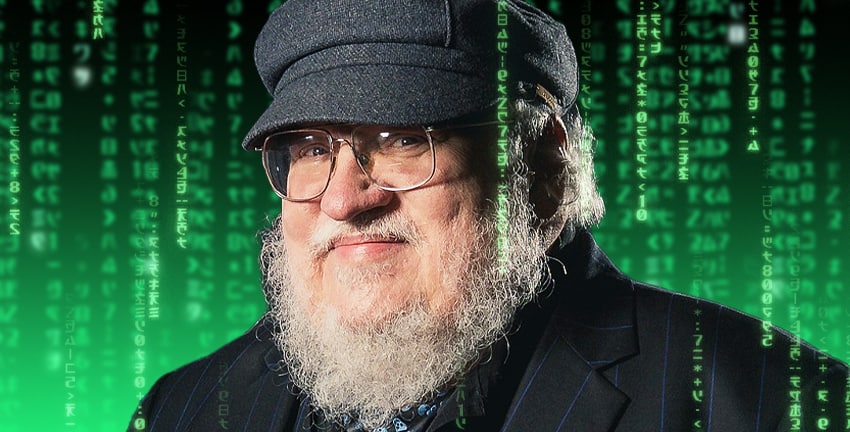George R.R. Martin, John Grisham, Jonathan Franzen and more prominent authors file a lawsuit against OpenAI.

We’re in the midst of an exponential growth of artificial intelligence (AI) systems, which is equal parts fascinating and terrifying. As most AI systems are trained using copyrighted work, the legality of such systems has been the subject of much debate. The Authors Guild, which includes prominent authors such as George R.R. Martin, John Grisham, Jonathan Franzen, and more, has filed a class-action lawsuit against OpenAI, alleging that their work has been used to train the system.
Maya Shanbhag Lang, president of the Authors Guild and a class representative, said, “The Authors Guild serves to protect the literary landscape and the profession of writing. This case is merely the beginning of our battle to defend authors from theft by OpenAI and other generative AI. As the oldest and largest organization of writers, with nearly 14,000 members, the Guild is uniquely positioned to represent authors’ rights. Our membership is diverse and passionate. Our staff, which includes a formidable legal team, has expertise in copyright law. This is all to say: We do not bring this suit lightly. We are here to fight.”
Authors Guild CEO Mary Rasenberger added, “It is imperative that we stop this theft in its tracks or we will destroy our incredible literary culture, which feeds many other creative industries in the U.S. Great books are generally written by those who spend their careers and, indeed, their lives, learning and perfecting their crafts. To preserve our literature, authors must have the ability to control if and how their works are used by generative AI. The various GPT models and other current generative AI machines can only generate material that is derivative of what came before it. They copy sentence structure, voice, storytelling, and context from books and other ingested texts. The outputs are mere remixes without the addition of any human voice. Regurgitated culture is no replacement for human art.“
The OpenAI lawsuit states that the Defendants “had no right to develop their AI technologies with unpermitted use of the authors’ copyrighted works. Defendants could have ‘trained’ their large language models on works in the public domain or paid a reasonable licensing fee to use copyrighted works.“
We’ve already seen AI being used to write the next installments of George R.R. Martin’s A Song of Ice and Fire series, and the fight against AI is a major part of the ongoing WGA strike. The use of AI threatens the livelihoods of all authors. According to an author income survey, the median full-time author barely earns $20,000, and emerging writers will be less likely to enter the profession if generative AI continues to expand.

